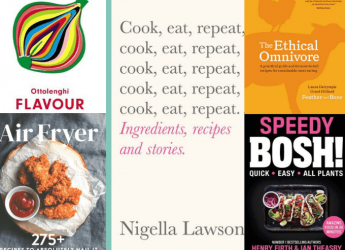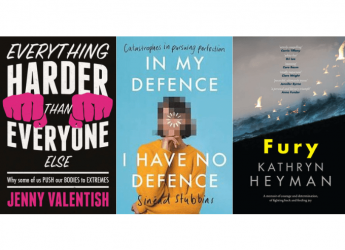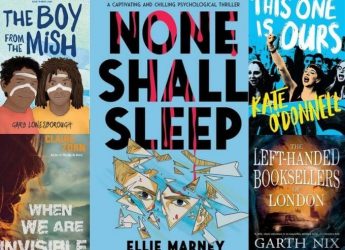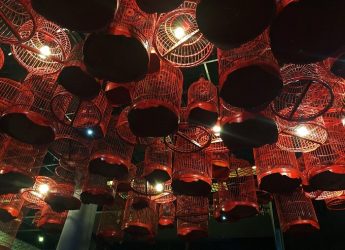
Another month, more books. Not with the easiest subject matter this time around, as you’ll see! Let’s discuss.
Before I did a little background reading, I believed I’d heard about Still Alice by Lisa Genova when it was first released. But I don’t think that’s the case – otherwise, I’m sure I would’ve remembered its extraordinary success story. Genova first self-published the novel and this interesting article outlines how support from the US Alzheimer’s Association and significant Amazon sales brought her to the attention of mainstream publishers and the novel was eventually bought at auction for over half a million dollars.
A million book sales later – helped, in no doubt, by Julianne Moore’s Oscar-winning performance in the movie adaption – I finally got around to picking it up.
*SPOILERS*
It’s not without problems, notably the characterisations. I felt that one such important development, one of Alice’s daughters finding out she also has the early-onset Alzheimer’s gene, was introduced more as a case study, or an example of what could happen, as it doesn’t serve much more than that in the overall story. Then I thought from the other side, the perspective that, as the novel progresses, and Alice’s capacities shrink, we’re shown the tragedy of the illness even more. Alice’s focus cannot linger on others as much as it does on her own health and prospects – until even that self-knowledge has gone.
I can see why it found an audience: it’s sympathetic, compassionate and straightforward.
*
There are books that suddenly appear, word spreads and they’re on everyone’s book pile. That book, for me, this month, is The Argonauts by Maggie Nelson. It’s fabulous. I reserved it from the library and liked it so much will buy a copy to keep, underline, dog-ear and handle the way beloved books ought to be handled. She is so smart. Amazing. I know I should embellish my thoughts, but I can’t. Let’s just say I love equally as much what it says as well for the stake it claims for intelligent, fearless life-writing.
*
I’ve pictured in my mind quite often those authors who’ve imagined and depicted the worst (or close to it) of what humanity could do it itself. You might be familiar with some of their names: Orwell, Burgess, Atwood, among others. And for those who have died, I wonder how many would be surprised if their texts had, in fact, turned out prophetic. Among these authors, without a doubt, is JG Ballard and I believe he wouldn’t be surprised in the slightest.
Disclosure: I’ve tried, and failed, with Ballard on several occasions. The closest I’ve ‘felt’ to him was when I went to see his fantastic ‘Advertiser’s Announcements’ at the New Museum in New York in 2012.

High-Rise is the most accessible of his novels I’ve encountered so far. It is a pretty depressing investigation into the chaos that arises when citizens are shown a model of perfection and convenience (and implied utopic bonhomie) only to realise it is false. The resulting expectation to conform to the existing stratifications of status and power is met with resistance – and violence. This novel is over 40 years old now, and I can see how Ballard envisaged the residential tower to be a microcosm of society; as I was reading, I thought it could be a giant smart phone. The inhabitants? People using the internet. Everyone with different desires: a better life, a different life, a false life, a non-boring life, a fulfilled life. Above all – human nature will out.
(Perhaps try this if you’re feeling particularly cheery!?)
What are you reading this month?


















